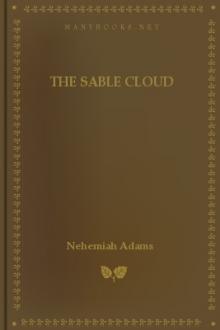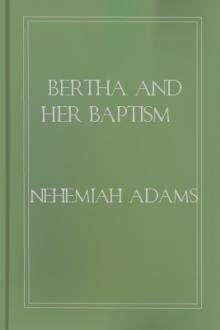The Sable Cloud
Book Excerpt
One great Northern "friend of the slave" tells us that the slaves at the South are degraded so to the level of brutes, that baptizing them and admitting them to Christian ordinances is about the same as though he should say to his dogs, "I baptize thee, Bose, in," etc. This, he tells us, he repeated many times here, and in England.[1] Nothing but love of truth and just hatred of "the sum of all villanies" could, of course, have made him venture so near the verge of unpardonable blasphemy as to speak thus. Yet your feelings and behavior toward this babe are in direct conflict with his theory. Pray whom am I to believe?
[Footnote 1: See "Sigma's" communications to the Boston Transcript, August, 1857.]
Perhaps now I have hit upon a solution. Some people, Walter Scott is an instance, bury their favorite dogs with all the honors of a decorated sepulture. Rather than believe that your slaves are commonly regarded by you as your fellow-creatures, having rights which you lov

 Free Download
Free Download

























-itok=vcKIB5v1.jpg)